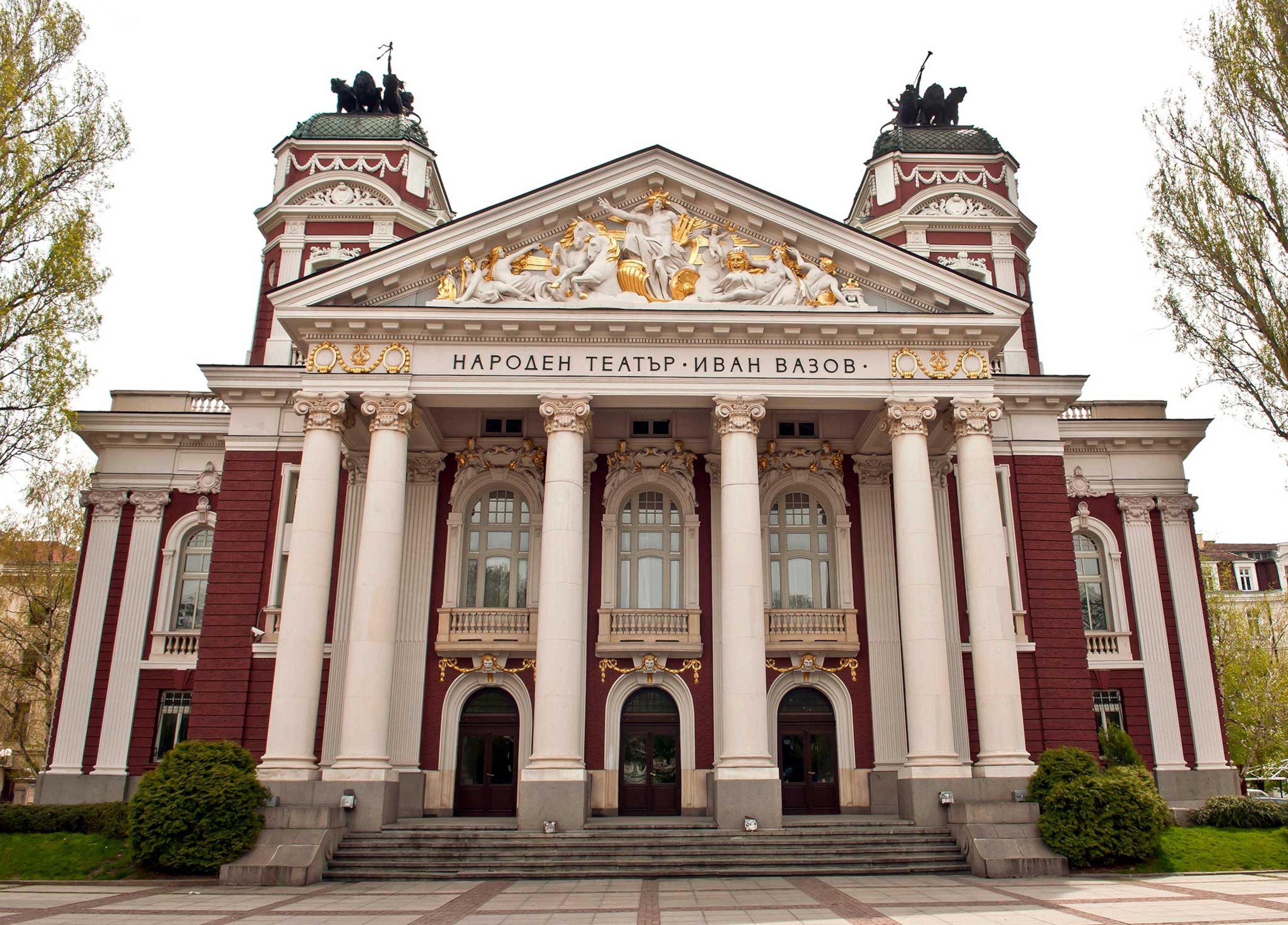
Discover the Best of Sofia
Explore this mountainside metropolis with these top 10 tips.
A city with Roman ruins in its subway, communist architecture built to hide ancient Orthodox chapels, and its very own mountain playground, Sofia knows how to surprise and delight.
Natural Wonder
Mount Vitosha stands to the city’s southwest, beckoning locals and visitors to come and play. You can hike to Boyana waterfall or Kopitoto, the communist-era TV tower with marvelous city views. Those interested in spiritual journeys can visit the 14th-century Dragalevtsi Monastery, which harbored Bulgarian freedom fighter Vasil Levski when he fled to Vitosha to evade capture by the Turks.
National Park
A few hours outside of Sofia, Rila National Park is the darling of hikers and nature enthusiasts. Visitors flock to the Seven Rila Lakes, which can be seen in a day for those intrepid hikers who will make the high-altitude climb. While they are the most famous, these are only seven of the park’s 150 glacial lakes.
Archaeological Site
Sofia is bursting with ancient Roman ruins. Head to Serdika metro station to see preserved Roman houses on your way to the turnstiles. For something uniquely Bulgarian, wander a bit farther into the station complex to the glass dome under the Largo. In this spot, you can see Roman ruins beneath the former Communist Party Headquarters.
UNESCO Site
At the foot of Mount Vitosha lies Boyana Church, a 10th-century Orthodox chapel which was designated a UNESCO World Heritage site in 1979. Inside you can see original frescoes, including one of Saint Sofia. While exploring the church grounds, stop and pay homage at the grave of Queen Eleonora, who fought to preserve the church. She is also beloved for her work as a nurse attending to Bulgarian soldiers during the First World War.
Cultural Site
Housed in a former communist palace, an excursion to the National History Museum offers an in-depth overview from the Neolithic age through the 20th century, while also showcasing the glamour that surrounded the ruling communist elite. Highlights include the crowns of Bulgaria’s medieval kings and queens and ancient Thracian warrior helmets. For those longing to see more modern history, add a stop at the Museum of Socialist Art.
Best Day Trip
Rila Monastery, two hours outside of Sofia, is where St. Ivan Rilksi lived in seclusion during the 10th century. His followers turned Rila into the spiritual capital of medieval Bulgaria. A fire ravaged parts of the monastery in the 19th century, but the central church was rebuilt and is now the country’s most iconic point. For the spiritual, this is also the terminus for pilgrims who arrive on foot after trekking the Rila Mountains.
Off the Beaten Path
While everyone should visit the iconic Central Mineral Baths, some might be frustrated that they have been converted into a museum. For aspiring bathers, head to Lake Pancharevo. There the adventurous will find a public mineral bath house with no tourists and only two rules: no clothing and no photographs allowed.
Most Iconic Place
While many who come to Sofia are content to see Alexander Nevsky from afar, you cannot understand the overlap between secular and religious life in the city without venturing indoors. Once inside you'll be greeted by floor to ceiling frescoes and groups of Bulgarians lighting candles for loved ones both living and departed. Make sure to pop into the basement to see the Crypt Museum, which houses the largest collection of Orthodox icons in Europe.
Historic Site
The oldest building in the city is the St. George’s Rotunda, a fourth-century Roman structure estimated to have been built during the reign of Emperor Constantine and later converted into a Christian church. Its survival borders on the miraculous, as the Ottoman Empire transformed it into a mosque and the Bulgarian communist party built Soviet Classical buildings around its courtyard to conceal it from the public.
People-Watching Spot
Nestled between the Largo and the Ivan Vazov National Theater, Sofia’s City Garden is the best spot to appreciate the buzz of the city. Locals idle for hours at the garden’s pop-up bars or on picnic blankets with beers brought from home. This is also where you’ll encounter Bulgarian folk dancing demonstrations and, commencing in November, the Sofia Christmas Market.